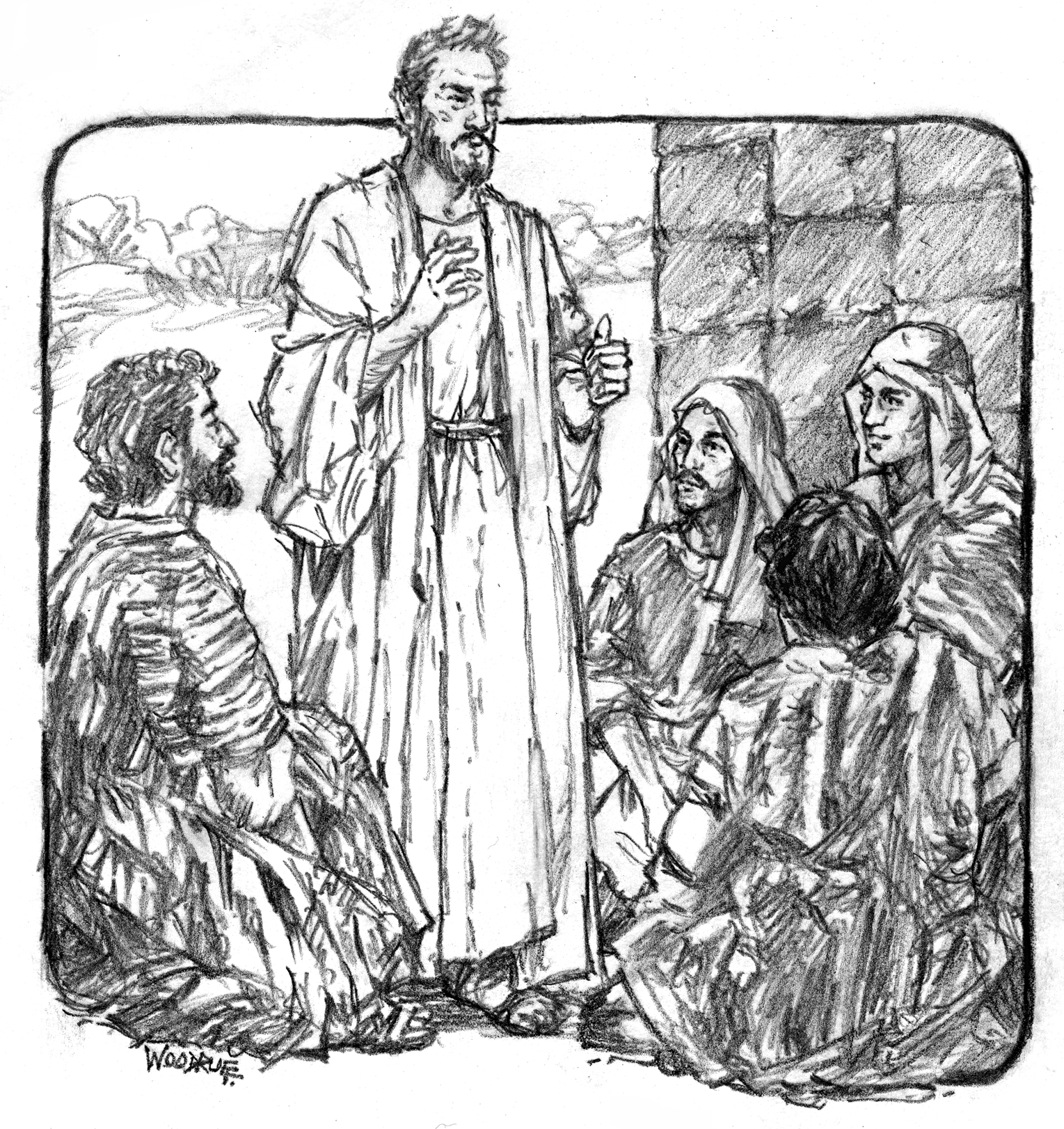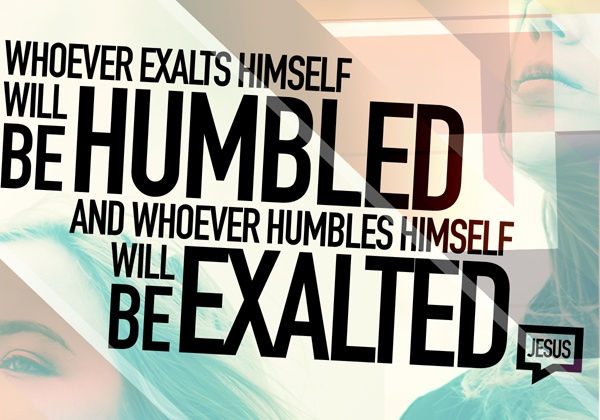Isaiah 23: 4-5. “Be thou ashamed, O Zidon, for the sea hath spoken, even the strength of the sea, saying, I travail not, nor bring forth children, neither do I nourish up young men, nor bring up virgins. As at the report concerning Egypt, so shall they be sorely pained at the report of Tyre.

Zidon (Sidon) was the mother of Tyre, and had established, with the two cities, a remarkably lucrative trade in the Mediterranean. However, The Assyrian destruction or Tyre was so great that now “the sea,” which marked the source of riches for Tyre and Sidon, says there are four things it will no longer do.
- I do not travail (a word often used to describe childbirth) meaning no more cities would be established by Sidon.
- I do not bring forth children –the result of travail is birth.
- I do not nourish young men
- I do not bring up virgins–these two statement both indicate that Tyre would no longer receive help or trade. The city would languish, and Sidon would make no more cities, largely because she was so weakened by the destruction of Tyre.
Just as the report of the destruction of Egypt caused great consternation, so would the destruction of Tyre. Commerce was destroyed for quite some time, and there was a condition that, in my mind, compares to the devastation of some of our inner cities where jobs have disappeared and income is insufficient. When that happens, crime is rampant and death is common.










